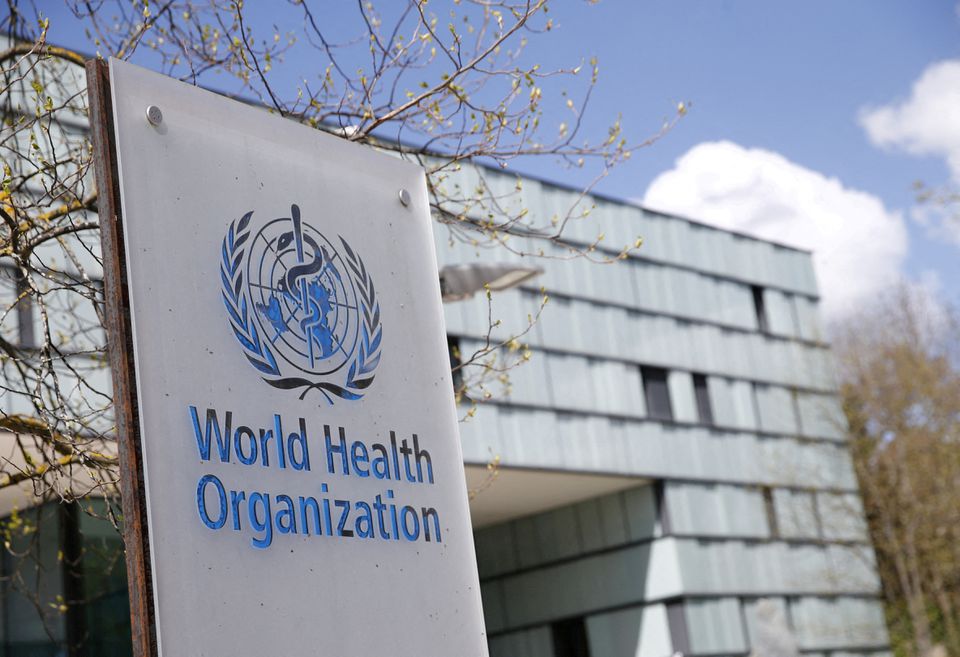Mpox outbreak, which is caused by the Clade 1b strain, is not another Covid-19, according to the World Health Organization (WHO). Hans Kluge, the WHO’s European director, stated that while more research is needed on the virus, steps can be taken to control its spread. In July 2022, a public health emergency of international concern (PHEIC) was declared over the less severe Clade 2b strain of mpox, which mainly affected gay and bisexual men. The alarm was lifted in May 2023. Kluge emphasized that mpox is not the new Covid and that steps can be taken to eliminate its transmission altogether.
The WHO successfully controlled mpox in Europe two years ago by engaging with affected communities, implementing robust surveillance, investigating new cases thoroughly, and providing public health advice. Behaviour change, non-discriminatory public health action, and mpox vaccination were key in controlling the outbreak. Kluge stated that the risk to the general population is low and there is no need for lockdowns in the WHO European region similar to those seen during the Covid-19 pandemic.
The predominant route of transmission for mpox is close skin-to-skin contact, although transmission through droplets from an individual in the acute phase of infection is also possible, especially if blisters are present in the mouth. The WHO spokesperson, Tarik Jasarevic, stated that masks are not recommended for the general population, and mass vaccination is also not advised. Vaccines should be used in outbreak settings for groups at the highest risk of infection. The WHO declared an international health emergency over the rise in cases of Clade 1b in the Democratic Republic of Congo and its spread to neighboring countries.
Research is ongoing to better understand the modes of transmission of mpox and to develop more effective control measures. Kluge stressed the importance of continued efforts to contain the virus and prevent its spread. The WHO’s response to the mpox outbreak highlights the need for targeted interventions, including vaccination, surveillance, and public health education. By learning from past experiences and applying effective strategies, the spread of mpox can be controlled and eliminated in the future.










